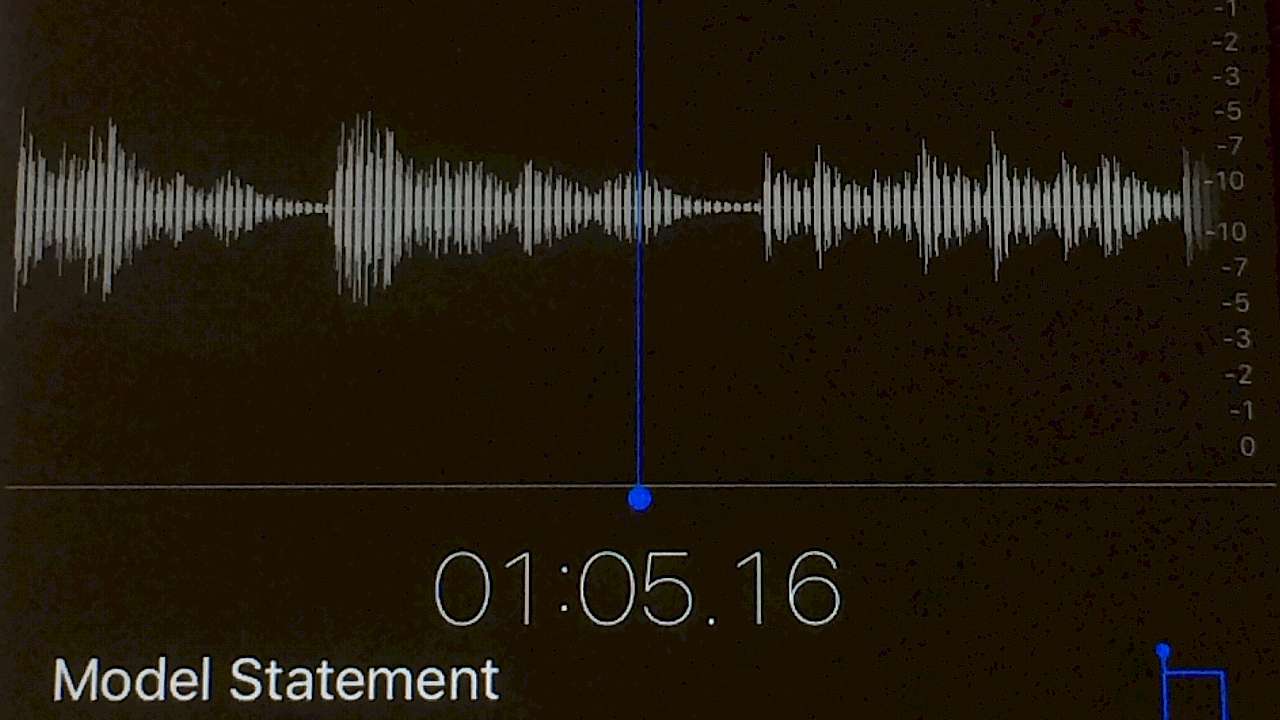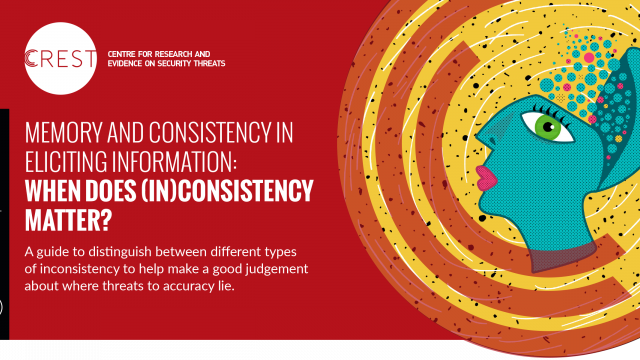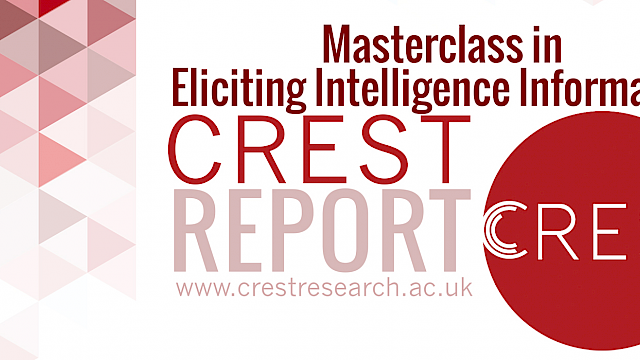The main goal of an investigative interview is to elicit a complete account from an interviewee and to establish whether the account is true and accurate. This is easier said than done.
When asked an open-ended question at the beginning of an interview such as "Please tell me in as much detail as possible all you can remember about what happened when…’ interviewees typically do not provide all the information they know. One reason for this is that not all information stored in an interviewee’s memory is easy for them to retrieve.
A model statement is an audio-taped statement in which someone explains what she has experienced in a great deal of detail.
A second reason is that interviewees initially do not report all they can remember because they think that many details they do remember are not important or relevant enough to report.
In general conversation, most people leave out detail when talking about their activities because they don’t want to bore their conversation partner with excessive detail. Interviewees also tend to apply these ‘conversation rules’. In fact, in interview settings, interviewees may say even less than usual because people typically say more to their friends and relatives than to people they do not know.
So, how can we encourage interviewees to report more detail in interview settings?
This guide details how can we encourage interviewees to report more detail in interview settings using a technique that involves the use of a ‘model statement’.
Copyright Information
As part of CREST’s commitment to open access research, this text is available under a Creative Commons BY-NC-SA 4.0 licence. Please refer to our Copyright page for full details.






